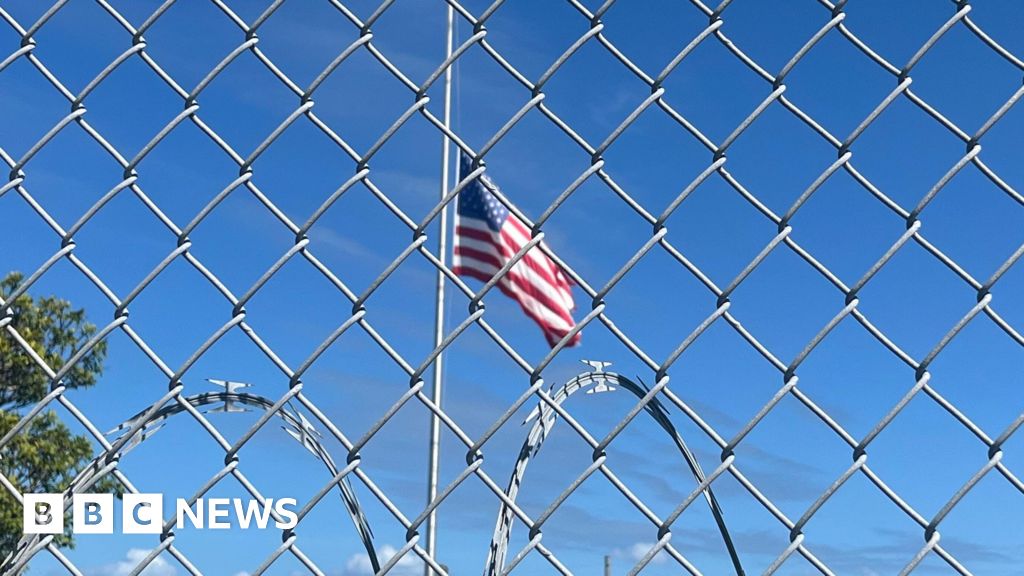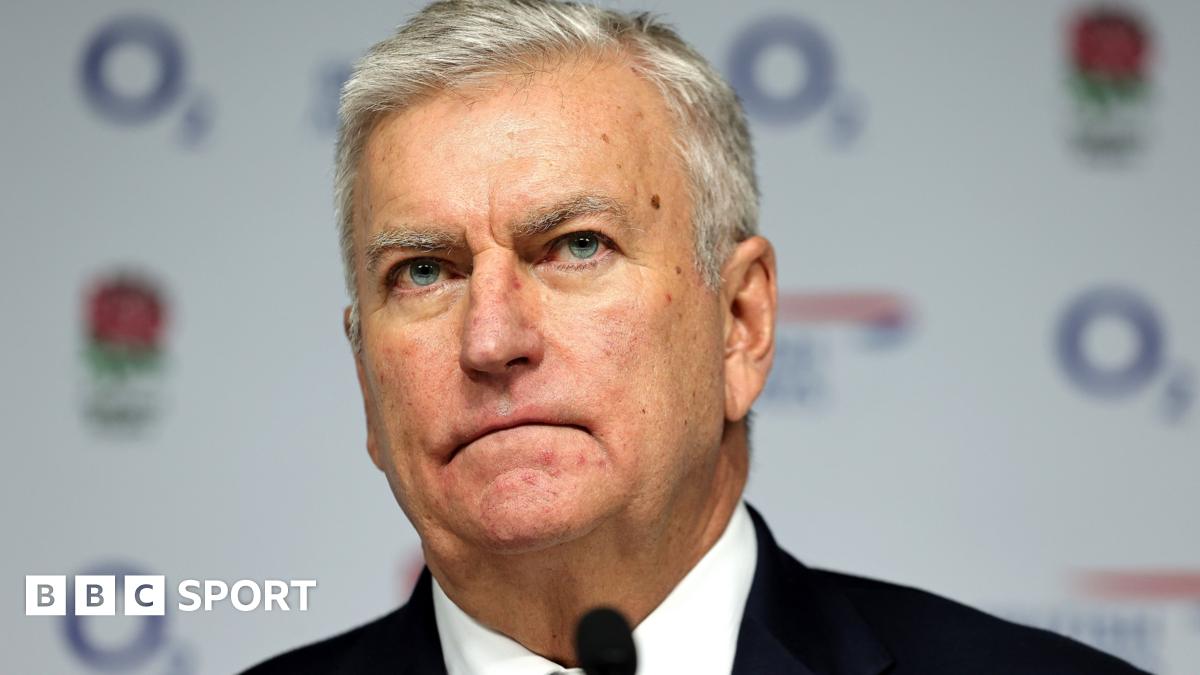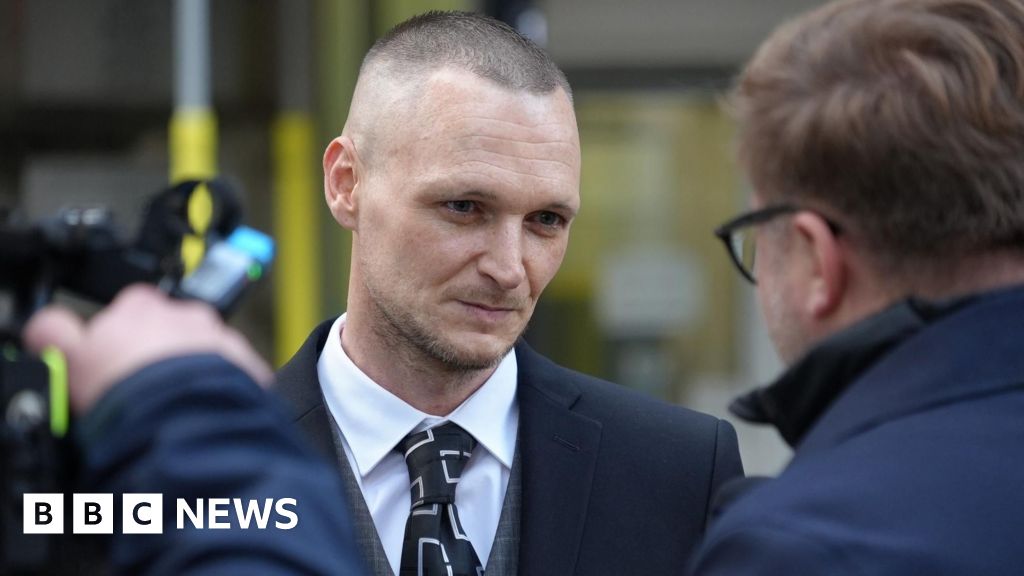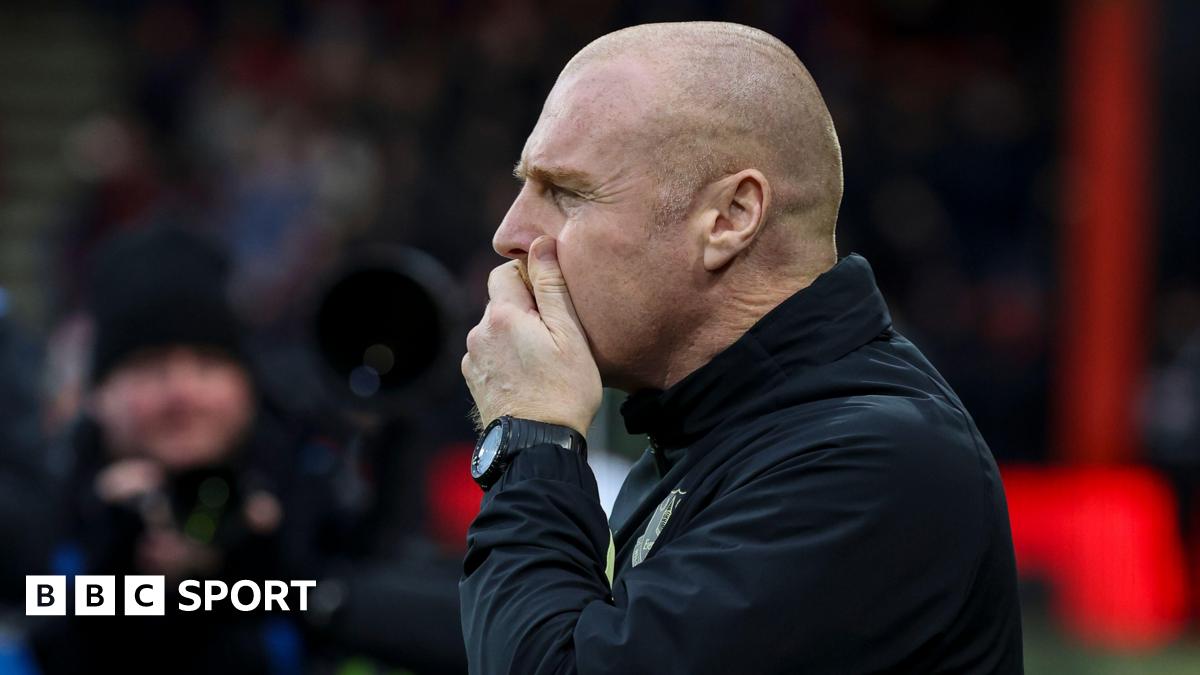Oscar-nominated actors like Cillian Murphy and Carey Mulligan might be the headline-grabbing stars you'll hear mentioned everywhere ahead of this Sunday's ceremony.
Lesser known are the names of the "uber geniuses" who've made audiences sit-up and listen in what's been a stand-out year for sound in film.
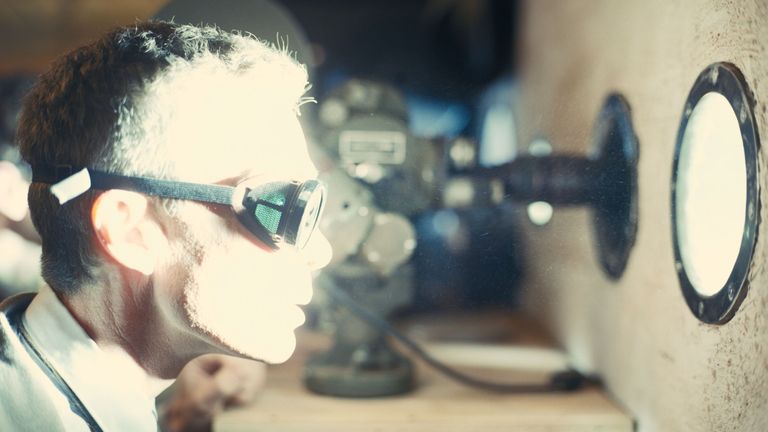
From the small matter of recreating the noise of an atomic bomb going off for Oppenheimer, to the subtle but menacing churning of the concentration camp crematorium in The Zone Of Interest.
Sound is typically one of the least discussed categories at the Academy Awards, but this year there's plenty to talk about.
On paper the nominees couldn't be more different, there's the team who had to work out how noisy Tom Cruise's death-defying Mission Impossible stunts should be, those tasked with setting the right tempo for Bradley Cooper's Maestro mood swings, not forgetting the nominees who somehow conjured up what a future war with robots might sound like in The Creator.
But sound designer Johnnie Burn is arguably the one to watch having already won a BAFTA for his work The Zone Of Interest.
"This reaction to me is surprising," Burn told Sky News on the red carpet before his win.
"We are a small team of people who worked together for a year and a half, and I wasn't really aware that sound was doing such an enormous load."
The concept was director Jonathan Glazer's idea to use sound to show the banality of evil unfolding through what we hear, challenging viewers to really listen to scenes of domestic bliss set against the muted sound of execution gunshots in the distance.
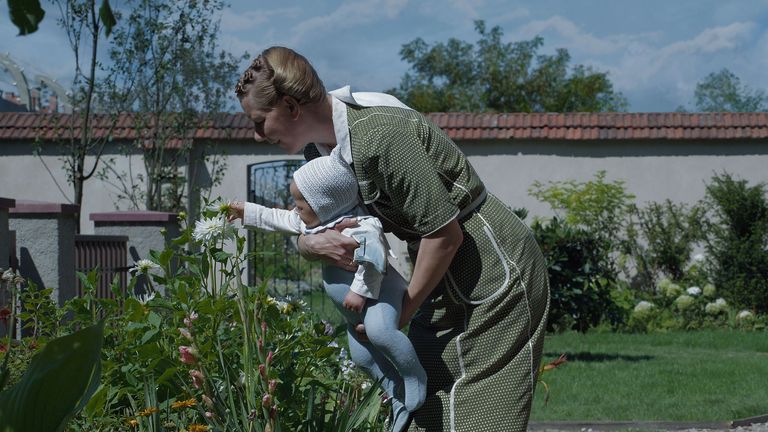
As Burn explained: "It was a lot of research, it was reading witness testimony and understanding what happened to Auschwitz in 1943.
"Understanding what the motorbikes and the guns sounded like... Reading events of torture and murder that I could imagine would have a sound attributed to them, then going and re-enacting that as best as possible using sometimes actors but more so trying to find sound in the real world that's similar and repurposing that, because that's more credible than having an actor pretend."
Read more:
Oscars 2024 predictions: Is it all about Oppenheimer?
Does the Oscars still have a female ageing issue in 2024?
The Oscars annual class photo
Not only did his team have to meticulously research the details of what the concentration camp would have sounded like, they also had to contend with a cast whose performances were being recorded on hidden cameras.
Unable to use booms they had to wire the house that's at the centre of the film with three-quarters of a mile of microphone cable to capture their dialogue.
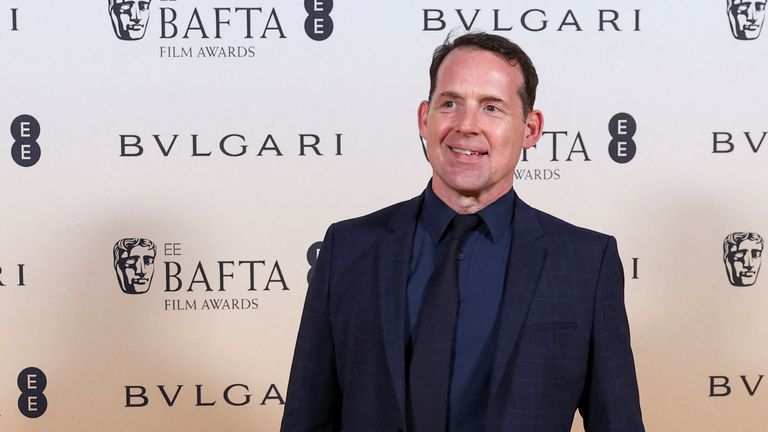
While there is a quiet power to how and when sound is used in The Zone Of Interest, cinematically at the other end of the spectrum, Mission: Impossible - Dead Reckoning Part One, is packed full of action and noise.
Sound engineer Chris Burdon - who won the Oscar last year for Top Gun: Maverick and was nominated for Banshees Of Inisherin before that - had a massive task on his hands.
"On a car chase in Rome you've got 450 elements over a series of minutes, then you've got music with all the layers," he said.
"It's a kind of layering process... even a simple scene would have 20 layers of sound effects, whether it's birds, footsteps, a door... Often you speak to family members or friends and they're surprised that what they hear or see isn't just recorded on location."
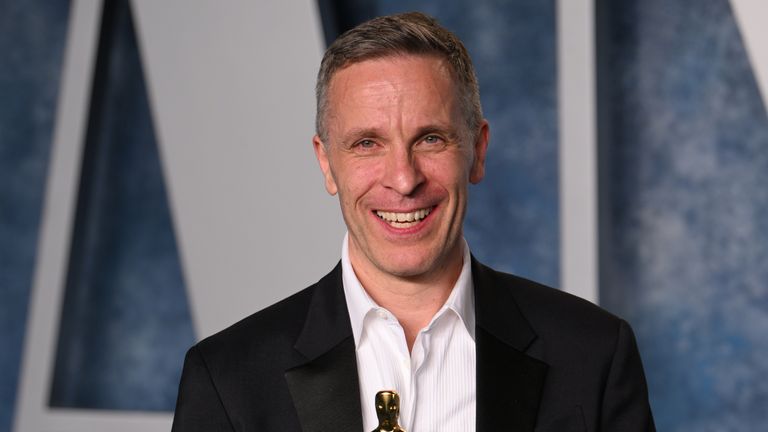
When cinema transitioned from silent movies to talkies, filmmaking was transformed by the addition of sound. Cinema-goers quickly developed an insatiable appetite for musicals and gangster films.
The entire experience was a brand-new sensation - from hearing the mobster machine guns ring out across the cinema seats to the screeching tyres in a car chase.
Nowadays the addition of sound is something most of us take for granted but it remains an invisible art. And while a filmmaker can actually quite easily swap out a dodgy actor, they can't cheat bad sound.
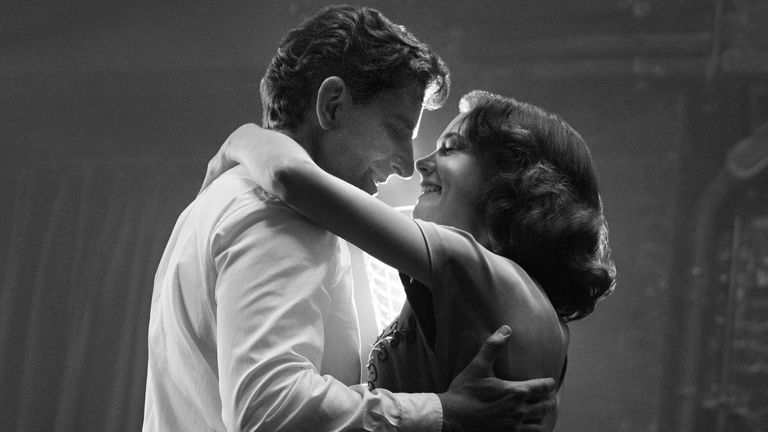
According to The Creator director Gareth Edwards, experts in the field are "worth their weight in gold".
"Tom [Ozanich] and Dean [Zupancic] who did our sound mix for The Creator are also nominated for Maestro, that's no accident... These people are these uber geniuses of the industry."
It is perhaps more obvious that a film about composer Leonard Bernstein had to be note perfect in terms of its audio, but how did the same duo set about figuring out what a war between humans and robots with artificial intelligence would sound like?
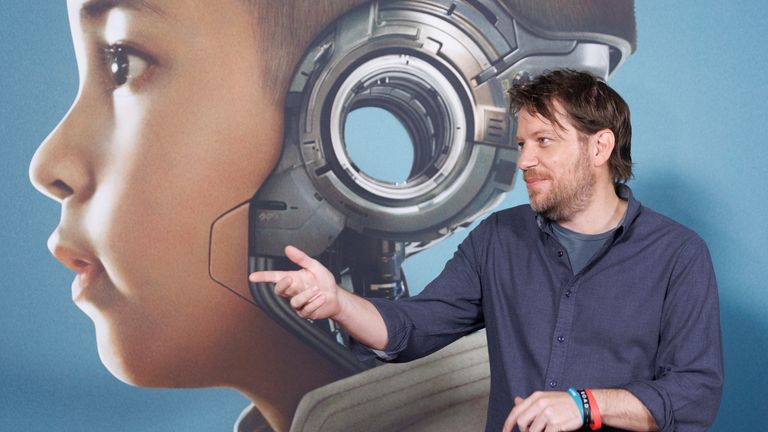
Edwards said: "The tricky thing about doing sound design for a sci-fi movie... is that if you go too far you don't even know what you're listening to.
"You've got to try to find sounds that are one step away from what we know those sounds to be now."
Whoever wins, while few watching this Sunday's ceremony at home will recognise their faces, it's highly likely you will have heard their work.
Instinctively while we may see filmmaking as a visual medium, this year's brilliantly diverse range of films nominated for their sound demonstrate the transfixing and transporting hold it can have over an audience, often without us even realising it.
 (1).png)
